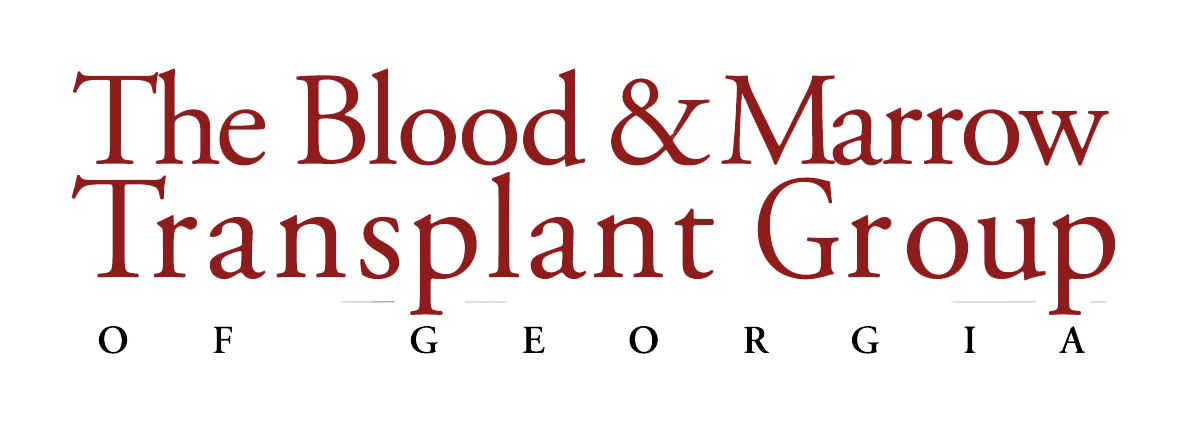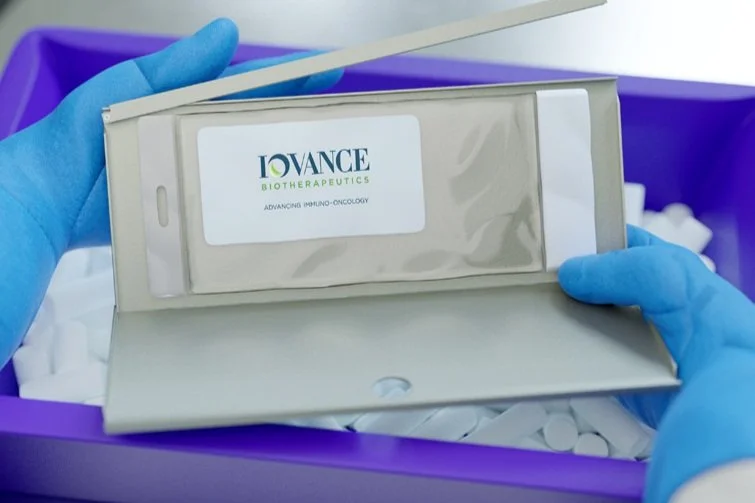TIL Therapy
Tumor-infiltrating lymphocyte (TIL) therapy is a promising cancer treatment that harnesses the body’s immune system to fight cancer cells. Developed by Iovance Biotherapeutics, this one-time treatment offers hope for patients with relapsed, unresectable, or metastatic melanoma who have exhausted traditional therapies.
Dr. Nicole Kounalakis, medical director of the Northside Hospital Cancer Institute Melanoma and Skin Programs, states, “Nearly 50% of melanoma patients eventually develop resistance to standard treatments, making cellular therapies like TIL a vital alternative. Our world-class, multidisciplinary team is proud to offer patients access to cutting-edge technology and innovative treatment options.”
Comprehensive care and collaboration
Managing TIL therapy patients requires a coordinated, multidisciplinary approach. “It takes a village,” Dr. Solh said. Northside ensures that all staff involved in patient care—from ER teams to ICU nurses—are trained to recognize and manage complications through risk evaluation and mitigation strategies (REMS). Prompt intervention is crucial when side effects arise.
Why choose Northside for TIL therapy?
Northside Hospital stands out as the first approved TIL therapy center in Georgia. Its status as a national immunotherapy leader, combined with state-of-the-art facilities and expert teams, ensures high-quality care. “We are excited to offer this novel therapy and improve outcomes for advanced-stage melanoma patients,” Dr. Kounalakis said.
For more information or to refer a patient for TIL therapy, please call 404-255-1930.
Northside brings breakthrough Melanoma treatment to Atlanta
Northside Hospital is leading the way to bringing advanced cancer immunotherapies, like Tumor Infiltrating Lymphocyte (TIL) therapy, to Georgia. FOX LOCAL host Alyse Eady talks to Dr. Liza Bachier about the breakthrough Melanoma treatment.
How does TIL therapy work?
Dr. Melhem Solh, medical director of the cellular therapy program at Northside Hospital, explained that TIL therapy involves expanding the patient’s own immune cells to help fight melanoma.
“After harvesting, these cells are expanded in a lab and infused back into the patient to attack the cancer and get rid of it,” Dr. Solh said. “The one-time treatment requires close collaboration between Northside’s immunotherapy team, medical oncologists, and highly specialized surgical oncologists.”
Step One
With TIL therapy, doctors remove a tumor lesion from the body, which contains these immune cells (the TILs) that have already tried to fight the tumor. TILs are usually effective at recognizing cancer cells, but they might need help to become stronger and more active. In a designated TIL manufacturing laboratory, TILs are grown and multiplied in large numbers, sometimes with added growth factors or special treatments that make them more powerful and better able to target the cancer. This process helps increase the number of T-cells that are good at attacking the tumor. During this time, the patient will undergo a short course of lymphodepleting chemotherapy to better prepare their immune system to receive the TIL therapy.
Step Two
Some patients may require ‘bridging therapy,’ additional melanoma treatment prior to receiving their TIL product. This therapy may involve receiving additional immunotherapy agents at your referring physician’s office.
Step Three
Prior to receiving the TIL product, patients will receive lymphodepleting chemotherapy, a short course of chemotherapy to reduce the population of circulating lymphocytes prior to the TIL infusion.
Step Four
Once the TIL T-cells are ready, they are infused back into the patient. These T-cells now have a greater ability to recognize and attack the cancer cells more effectively. The goal is for the immune system to launch a stronger, more focused attack against the tumor.
Step Five
To further boost the body’s immune response, patients will receive post-TIL infusion IL-2, an immunotherapy checkpoint inhibitor, which may help the immune system to work more effectively against the cancer.
Qualifying for TIL therapy
Currently, TIL therapy is approved by the US Food and Drug Administration for patients with advanced (metastatic) melanoma. Not all patients with metastatic melanoma automatically qualify for TIL therapy. In addition, physicians assess organ function and performance status to ensure the patient can tolerate the therapy. Social support is another critical factor, as patients need reliable transportation and assistance throughout their treatment journey.
Eligibility criteria
>18 years of age with unresectable or metastatic melanoma
Must have progressed on at least 1 previous systemic therapy, including a PD-L1 antibody, and if they had BRAF V600E mutation–positive disease, a BRAF or BRAF/MEK inhibitor
At least 1 resectable lesion
NCCN's Category 2A designation in the NCCN Melanoma Guidelines (v2.2024)
Physicians will assess organ function and performance status to ensure the patient can tolerate the therapy.
Social support is another critical factor, as patients need reliable transportation and assistance throughout their treatment journey.
There are clinical trials open to study the use of TIL therapy in other solid tumor cancers.
Amtagvi (lifileucel) is now available as a second-line therapy for patients with unresectable or metastatic melanoma
Northside’s Immunotherapy Program is the FIRST approved TIL treatment center in Georgia.
Eligibility: To schedule a patient consultation, please call The Blood & Marrow Transplant Group of Georgia at 404-255-1930.
>18 years of age with unresectable or metastatic melanoma
Must have progressed on at least 1 previous systemic therapy, including a PD-L1 antibody, and if they had BRAF V600E mutation-positive disease, a BRAF or BRAF/MEK inhibitor.
At least 1 resectable lesion



